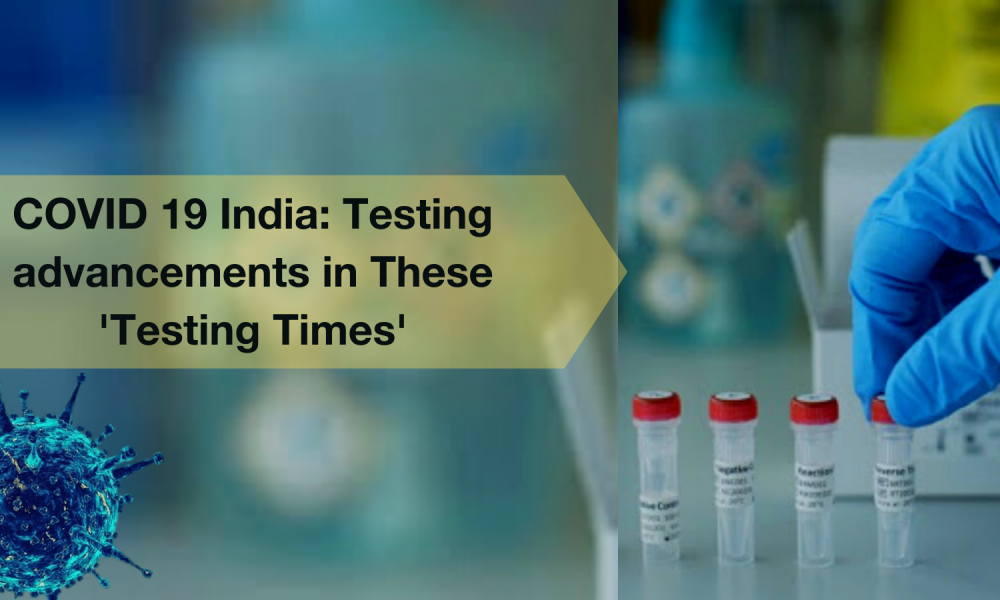
At a time where coronavirus has made people around the country locked under the roof of fear, India is introducing ways to meet the rising challenges. The new initiatives to tackle the coronavirus ranges from a drive-through test for COVID 19 to kiosks for collecting samples from people with symptoms for COVID 19.
Delhi lab offers ‘drive-through test’ for COVID 19
Inspired by similar models in South Korea, Dr Dangs Lab (DDL) at Punjabi Bagh, Delhi plans to offer a drive-through test to overcome the challenges of home-based testing in the country.
The process of the test is as simple as it sounds. People will be advised to first fill an online form on the website of the testing centre, make payment through digital platforms and book a slot. Close to their allotted slot, people can just drive to the facility, provide the healthcare professionals with the required samples and drive away.
“The vehicle of the patient will be parked at a distance, windows will be rolled down, and doctors will collect samples. The patient has been instructed only to roll down their windows at the time of the test,” said Dang. He also added that the entire process takes less than 30 minutes and that the reports are subsequently made available online within 36 hours. The price of the test is ₹4,500.
With the cases of coronavirus surging, many countries are opting for the drive-through tests. Earlier in March, the Google sister company Verily launched a new drive-through testing service in California as increasing access to testing is a really important part of helping to stop the spread of COVID-19.
Kerala Sets up Kiosk to Collect Samples
Kerala has come up with Walk-in Sample Kiosk (WISK) which will help health workers collect throat swabs without using personal protection kits. Two such sample collection WISKs were installed at the Government Medical College in Ernakulam, Kerala. This initiative was also inspired by the sample collection method adopted in South Korea.
The WISK looks like a glass cabin. It is made in such a way that the environment inside it where the medical staff stands, is always sterile. The healthcare professionals in the kiosk can collect throat swabs of people who will stand outside the kiosk. Fitted with ultraviolet light, gloves and exhaust fan, the kiosk itself will function as a personal protection kit.
The person from whom the sample is collected will be seated just in front of the WISK, holding the container to collect the swab. The medical staff standing inside the WISK will then take the container from the person using the gloves. After collecting the sample, the container will be handed back to the person who in turn will hand it over to another medical staff.
Apart from cost-effectiveness, WISK also enables swift sample collection especially in the case of mass collection drives.
“There are not many complications to make this, it only takes two days to make one. One WISK costs about Rs 40,000,” said Ernakulam District DMO.
India partially lifts ban on the export of key drugs
The centre has decided to partially lift the ban on the exports of hydroxychloroquine and paracetamol. Both drugs are crucial to the global fight against the coronavirus. Exports of these two drugs will be decided by the ministry of external affairs (MEA) along with the Department of pharmaceuticals, depending on humanitarian and extent of COVID infection in that country.
India is the world’s largest producer and exporter of hydroxychloroquine.
Source: News Minute, The Tribune, Hindustan Times, Deccan Herald, Times Of India.